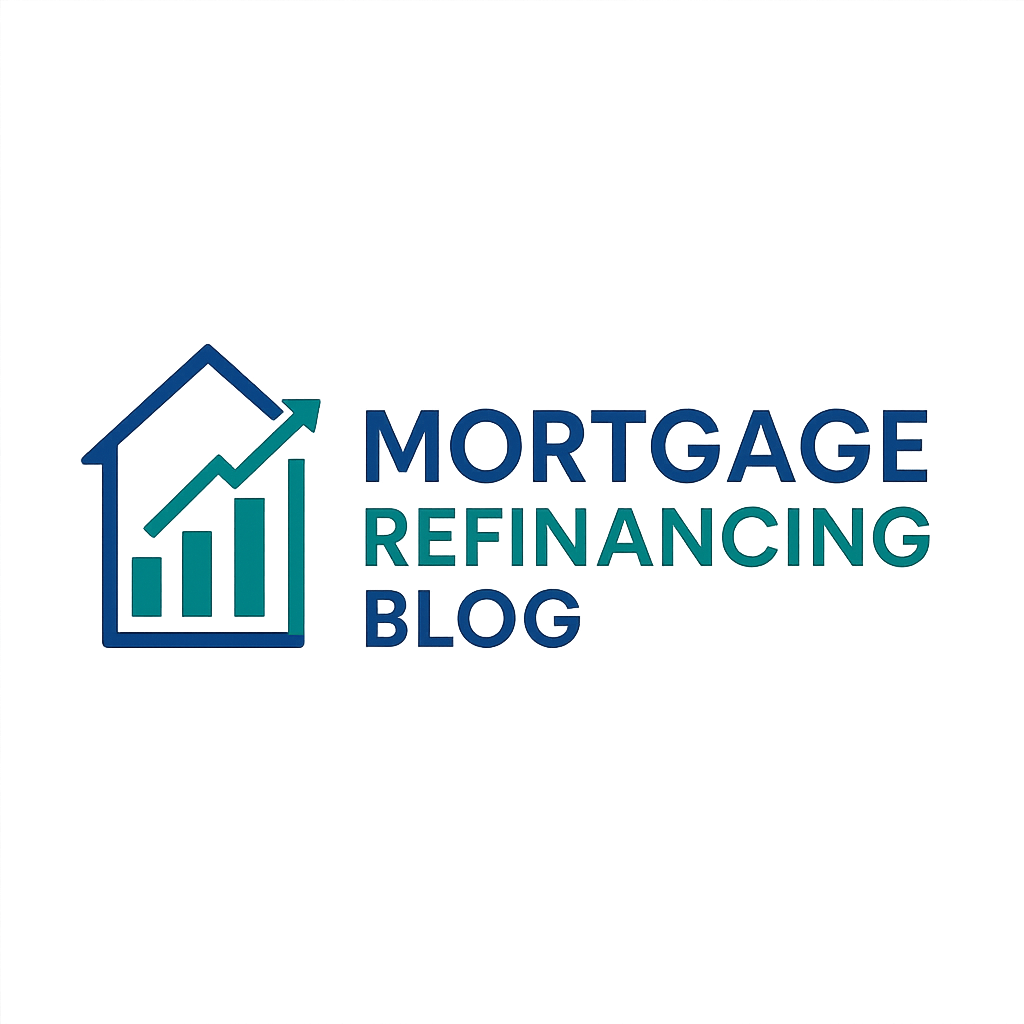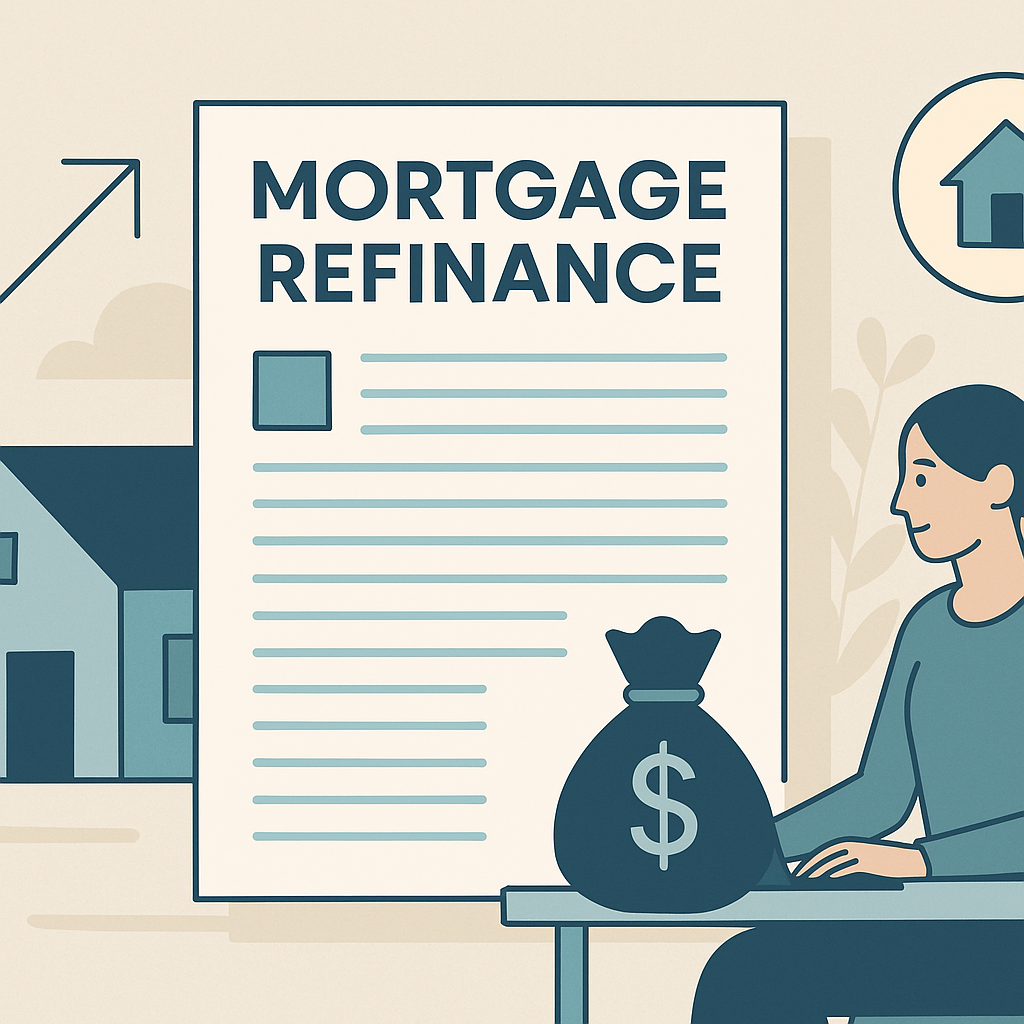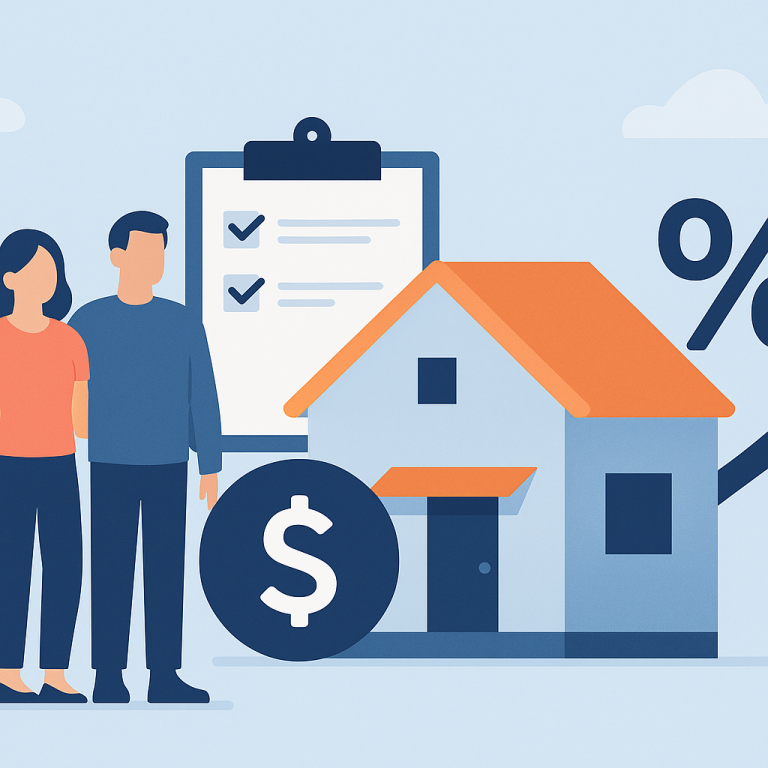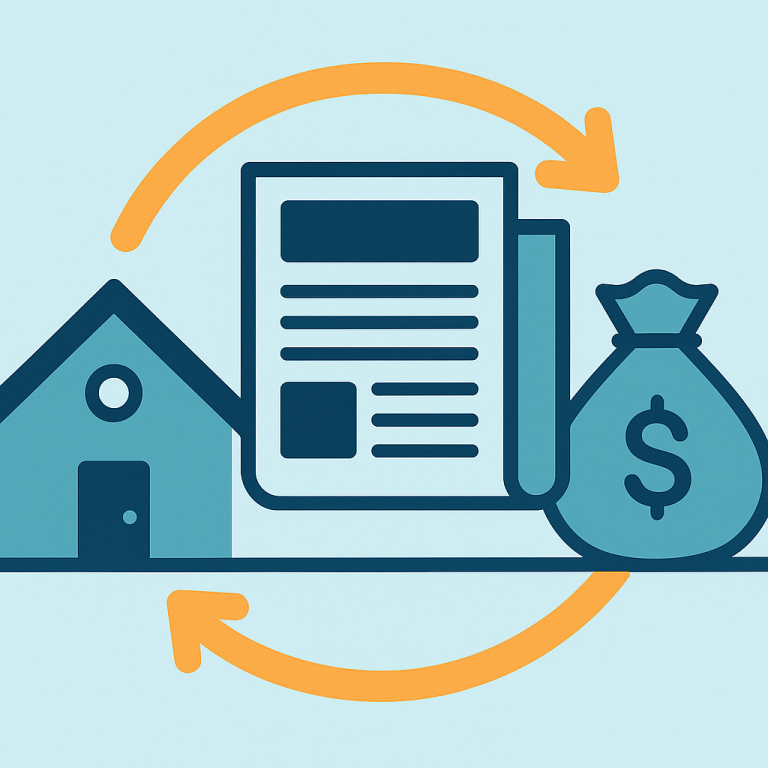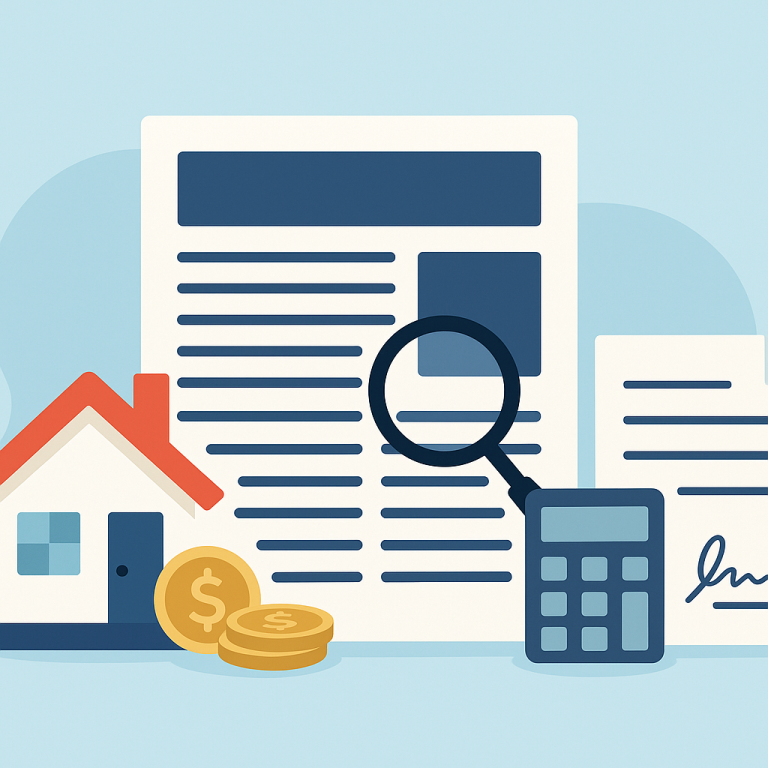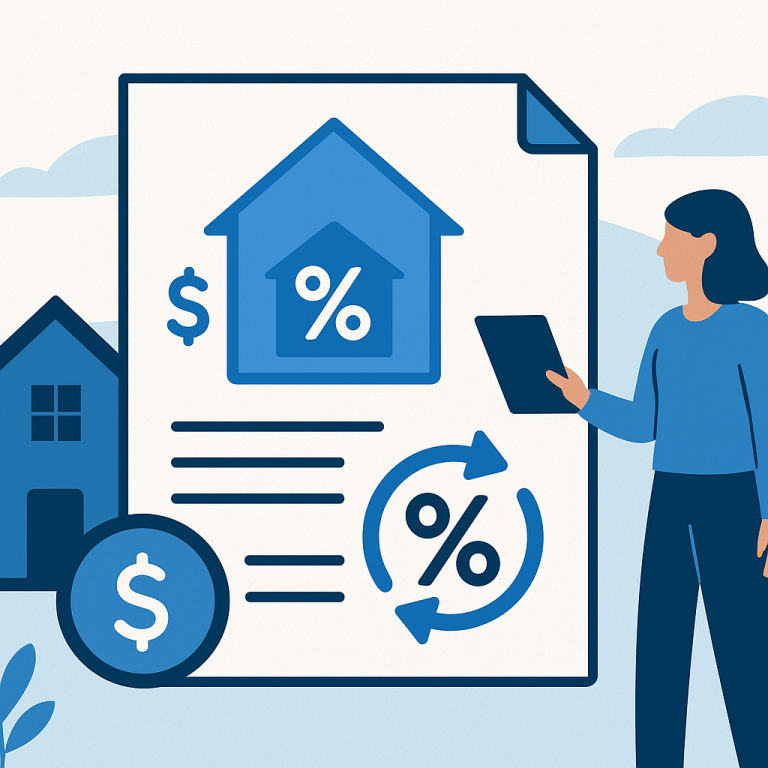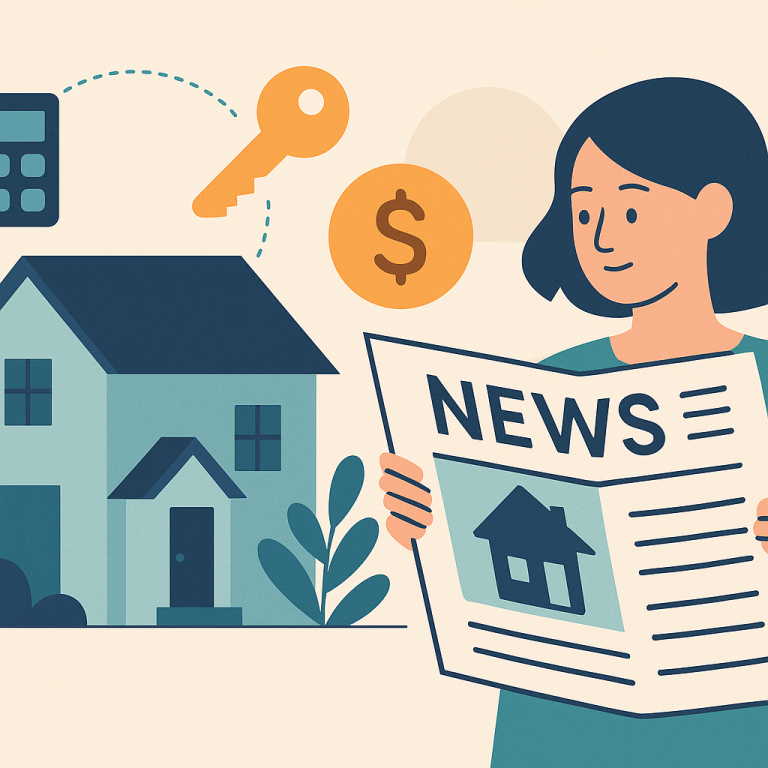30-Year Mortgage Rates Fall 0.25%, Refinances Projected To Increase
Stabilizing Mortgage Rates Prompt Renewed Interest in Refinancing
Mortgage markets have shown signs of stabilization after a period of volatility, prompting many homeowners to reassess refinancing options. For borrowers who built significant equity and have reliable credit profiles, a refinance can offer an opportunity to lower monthly payments, shorten loan terms, or consolidate higher‑cost debt. Lenders report an uptick in inquiries, even as underwriting standards remain cautious.
Who Benefits Most from Refinancing Now
Refinancing is most advantageous for homeowners whose current loan terms no longer align with their financial goals. Typical candidates include those who wish to reduce interest expense over the life of the loan, move from an adjustable-rate mortgage to a fixed-rate product for payment stability, or convert home equity into cash for planned expenses. The best outcomes generally go to borrowers with steady income, acceptable credit, and sufficient equity to meet lender requirements without excessive closing costs.
Key Considerations Before You Refinance
Refinancing is not a one-size-fits-all solution. Homeowners should evaluate several factors before committing:
- Break-even timeline: Compare closing costs against projected monthly savings to determine how long it will take to recoup transaction expenses.
- Loan term and total interest: A lower monthly payment can extend the repayment period and increase total interest paid; shortening the term can save interest but raise monthly costs.
- Cash-out implications: Extracting equity can provide liquidity for home improvements or debt consolidation but may raise the loan balance and affect long-term costs.
- Credit and qualification: Even with favorable market movement, approval depends on income documentation, debt-to-income ratios, and credit history.
- Fees and APR: Look beyond headline rates to annual percentage rates and itemized fees to compare true cost between offers.
Practical Steps for Homeowners
Begin with a clear financial objective—lower payment, shorter term, or cash liquidity—and gather recent mortgage statements and income documentation. Request loan estimates from multiple lenders to compare APR, fees, and terms. Ask about rate locks and how long an approved rate will be guaranteed, particularly if you expect closing delays. Consider the tax implications of refinancing actions, especially for cash-out transactions, and consult a tax professional if necessary.
Homeowners should also factor in the likely timing of their housing plans. If you expect to move in the near future, the savings from a refinance may not outweigh the upfront costs. Conversely, if you plan to stay in the home for several years, a refinance that reduces overall interest or monthly obligations may be advantageous.
Takeaways for Homeowners
- Refinancing can be beneficial when your objectives and financial profile align with current loan offers.
- Calculate the break-even point to decide if the upfront costs justify the refinance.
- Compare multiple loan estimates and scrutinize APR and closing costs, not just advertised rates.
- Decide whether lowering payments, shortening the term, or accessing equity best supports your goals.
- Consider how long you plan to stay in the home; short-term residency reduces potential benefit from refinancing.
As mortgage conditions continue to evolve, homeowners who prepare documentation, compare offers, and clarify objectives will be best positioned to decide whether refinancing supports their financial plan. Working with a trusted lender or financial advisor can help translate market movements into a decision that fits individual circumstances.
META: refinancing opportunity; audience=homeowners; focus=rate stabilization and decision criteria; length≈580 words
